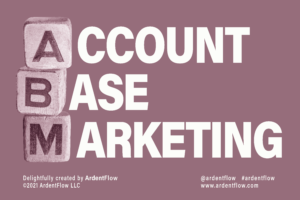Definition of MarTech:
MarTech, short for marketing technology, is a digital tool that allows marketers to meet various demands and perform specific tasks. The most common can create deliverables, test levels of engagement, calculate success rate, and automate processes.
Marketing technology is now an ever-changing industry expanding at a rapid pace. The capabilities are endless; some of these marketing tools have expanded outside their level of specialization, offering an additional value set of features. Something that a few years ago; would be unimaginable.
What is a MarTech Stack:
A MarTech Stack is a blend of compatible software and digital tools that integrate cohesively, enabling marketers to formulate, design, and implement strategies into actual measurable engagement campaigns at scale.
Benefits of using a MarTech Stack:
- Automates Processes
- Access to dynamic data
- Live reporting
- Integrates various tools
- Allows to schedule and automate tasks
- Creates engagement campaigns
- Collects and stores prospects data
- Manages prospects behavior
Most Common Digital Tools & Platforms
Digital Asset Management:
Content Management Systems:
Marketing Automation Systems:
Social Media Management Systems:
Customer Relationship Systems:
The CRM system is similar to a lead management system on steroids. The system stores and allows users to manage prospects’ data along the customer journey. In today’s world, it is simple to boost the capabilities of a CRM system. Hundreds of specialized widgets are designed to integrate and provide different types of tailored functionalities to meet the needs and demands of the users.





